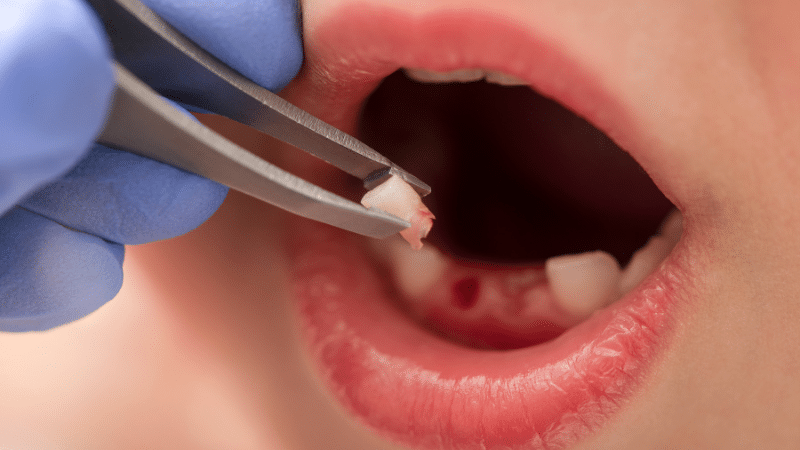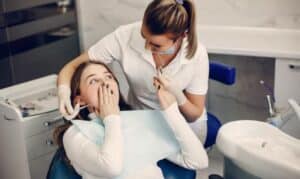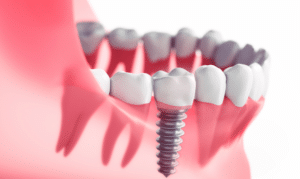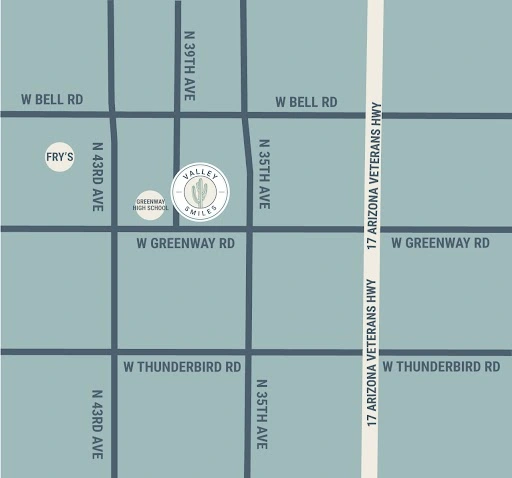Congratulations, you’ve successfully undergone a tooth extraction! Now comes the crucial part: ensuring a smooth and speedy recovery. While rest and proper oral hygiene are paramount, your diet plays a significant role too. What you eat and drink after the procedure can either aid in healing or hinder it. In this comprehensive guide, we’ll explore the foods and beverages you should avoid after a tooth extraction to promote healing and minimize discomfort.
What Not to Eat or Drink After Tooth Extraction
- Hard Foods: Avoid crunchy or hard foods that could irritate the extraction site or dislodge the blood clot forming there. Steer clear of nuts, seeds, chips, and hard candies.
- Spicy Foods: Spicy foods may cause irritation and discomfort, particularly if the extraction site is still tender. Hold off on the hot sauce and spicy dishes until you’re fully healed.
- Acidic Foods and Beverages: Acidic foods and drinks like citrus fruits, tomatoes, and sodas can irritate the extraction site and delay healing. Opt for gentler options until your mouth has had time to heal.
- Alcohol: Alcohol can interfere with the healing process and may increase the risk of bleeding and infection. Avoid alcoholic beverages for at least the first 24 hours after your extraction.
- Hot Beverages: Steaming hot beverages like coffee and tea can increase blood flow to the extraction site, leading to discomfort and potential bleeding. Opt for lukewarm or chilled beverages instead.
- Straws: Using a straw can create suction in the mouth, which may dislodge the blood clot and delay healing. Drink directly from a cup or glass until your dentist gives you the all-clear.
- Carbonated Beverages: Carbonated drinks can introduce air bubbles into the mouth, causing discomfort and potentially dislodging the blood clot. Stick to still beverages like water or herbal tea.
- Chewing Gum: Chewing gum can put unnecessary strain on the extraction site and may disrupt the healing process. Avoid gum until your dentist advises that it’s safe to resume.
Your diet plays a crucial role in the healing process after a tooth extraction. By avoiding hard, spicy, acidic foods, alcohol, hot beverages, straws, carbonated drinks, and chewing gum, you can promote healing and minimize discomfort. Remember to follow your dentist’s post-extraction instructions closely for the best results. If you have any questions or concerns about your recovery, don’t hesitate to reach out to your dentist in Phoenix for guidance and support.
In conclusion, prioritize your oral health and recovery by being mindful of what you eat and drink after a tooth extraction. Your diligence now will pay off in a quicker and smoother recovery process.





